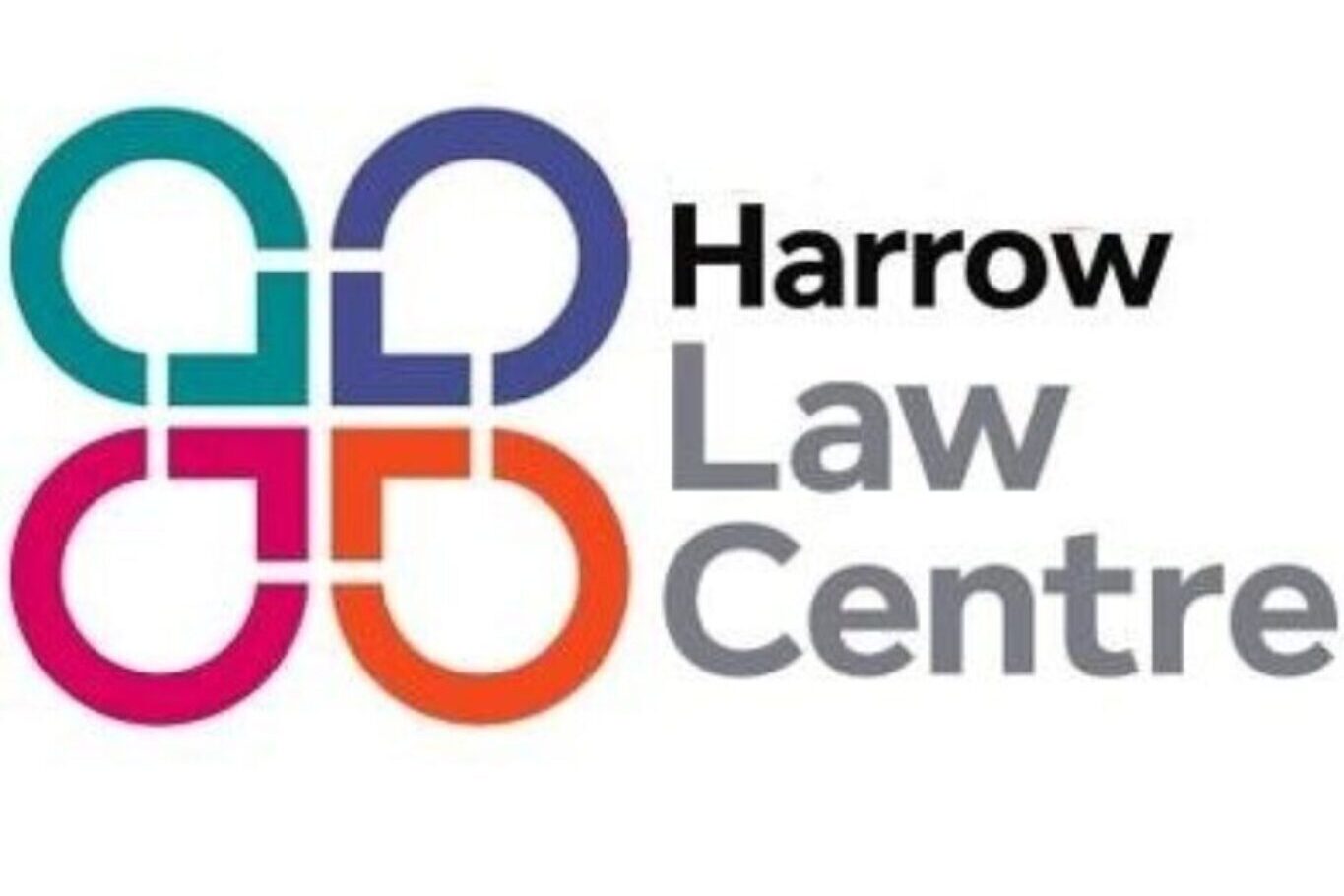Imagine that you cannot cook yourself a meal because your health conditions mean you will most probably cut yourself if you try to prepare the ingredients or forget about pans on the stove and leave them to burn. Washing and getting dressed is another battle, some days you just can’t wash or change your clothes, sometimes this lasts for more than a week. Most of the time you stay inside anyway because other people are just so hard to deal with and going out makes you feel so anxious.
Reading basic information is pretty much impossible so you rely on your friends to read it to you. Making decisions about how to spend your money is such challenge you often spend all of your money within a week and have nothing for the rest of the month.
This is the reality for our client, let’s call him Marvin*, a young man whose learning disabilities and mental health problems mean he needs supervision and assistance to manage daily tasks.
The Government has made some provision in the form of Personal Independence Payment, or “PIP”. This is some extra money for people whose physical or mental disabilities mean they need extra support with daily activities or moving around. Claimants undergo medical assessments and submit evidence to establish their entitlement to PIP, these happen during the initial claim process and then at intervals.
Marvin’s conditions are lifelong. Following an initial medical assessment, the Government recognised his needs and he was awarded PIP for several years. Following a reassessment some years later, the Government decided that Marvin was no longer entitled to PIP. He had not made a miraculous recovery, his needs were the same, the decision maker had simply refused to recognise them this time round. Specialist input and services usually stop when a person leaves school. This means that providing hard evidence of the effects of their conditions on their adult lives can be a real challenge for many adults living with learning disabilities.
At this point claimants have the right to ask the Government to look at their decision again and then failing that they can appeal to the first tier tribunal.
There is however no Legal Aid funding to help them do either of these things, claimants are expected to analyse and contest the decision themselves regardless of their physical or mental capacities. Only if their case goes to the upper tribunal on a further appeal is some limited Legal Aid funding available. Many claimants are not in a position to successfully challenge these decisions themselves without specialist advice and representation.
Thankfully a whole host of organisations recognise the absurdity of such a position and the injustice caused by the chronic lack of funding. Harrow Law Centre defends people in situations like this on a daily basis, thanks to our funders who make it possible for us to challenge these decisions and see justice done even in the absence of Legal Aid funding.
Marvin asked the Government to look at the decision again, but they did not change their decision.
In 2018, we lodged an appeal on Marvin’s behalf, explaining why he needs additional support to manage many daily activities.
Eighteen months after we had lodged the appeal papers, Marvin’s appeal was listed for a hearing and the decision was overturned. He received nearly £8,000 in arrears and he has been awarded PIP for an indefinite term.
Changes to the appeal system, including the introduction of a mandatory reconsideration, which requires a claimant to ask the decision maker to look at their decision again before they have a right of appeal, coupled with the lack legal of representation at tribunals due to Legal Aid cuts may have impacted on the number of claimants appealing and on the number of positive outcomes. It may be that more claimants are choosing to have paper hearings because they can’t find anyone to represent them before a tribunal or simply don’t contest benefits decisions before a tribunal at all.
*This is not our client’s real name, details may have been modified to protect our client’s identity.

